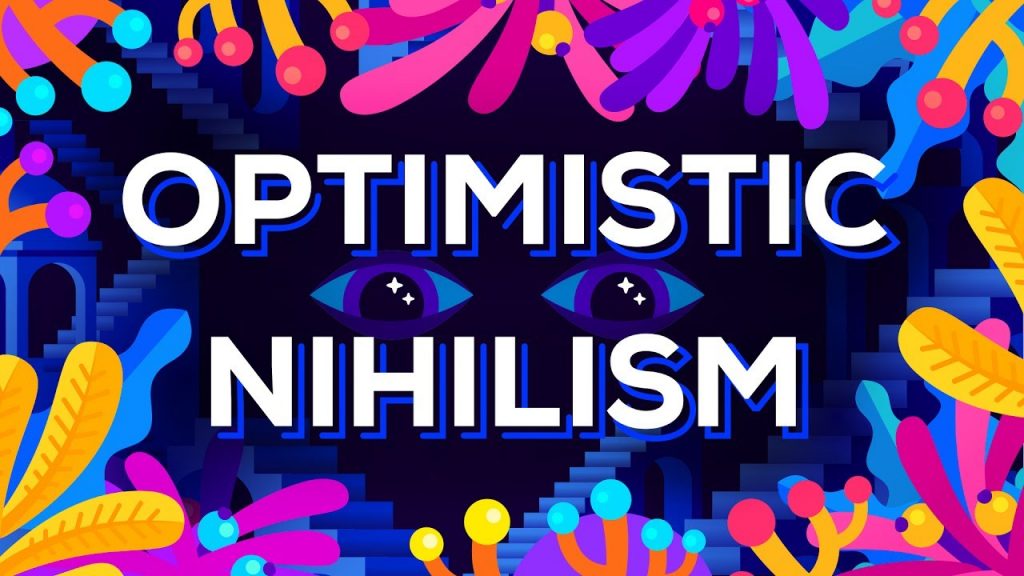This is the latest animation produced by Kurzgesagt (“said in short” or “in a nutshell”), a trendy Munich-based YouTube channel and design studio that endeavors to explain things with their own brand of “optimistic nihilism”. They say, “We…want to make science look beautiful. Because it is beautiful.” The video explains this philosophy. Their past clients include the Bill and Melinda Gates Foundation and the Australian Academy of Science.
In the first half of the video, we see expressions of the dominant scientific worldview, predicated on unquestioned assumptions (dogmas) such as 1) materialism, the idea that matter is the only reality; and 2) reductionism, the idea that complex things can be understood by reducing them to the interactions of their parts; and 3) determinism, the view that for every event there exist conditions that could cause no other event. We see a dogmatism that reigns in today’s science and the application of science in unwarranted situations not covered by the scientific method, rampant in “accepted” scientific discourse. We see the view that empirical science constitutes the most authoritative (or really the only valid) worldview, to the exclusion of other approaches or viewpoints.
We see the ideological hostility that is inherent to science. This has its roots within the context of 17th century’s Scientific Revolution, which to a large extent consisted of a battle to stamp out the oppressive superstition, religion and ignorance that ruled the day. As with all revolutions, the original intent has cycled back to create a new kind of oppression.
This deviation from the true scientific method is known as scientism or what Rupert Sheldrake calls “The Science of Delusion… the belief that science already understands the nature of reality in principle, leaving only the details to be filled in.”
In the areas where Kurzgesagt departs from today’s reigning scientism, we find the freedom or the optimism of their “optimistic nihilism”. Kurzgesagt acknowledges the existential dread proposed by scientific materialism and they don’t pretend to know any more about human existence than anyone else. Kurzgesagt offers a sort of German take on positive psychology and it skirts around the miracles of life and consciousness while affirming that, “We are as much the universe as a neutron star or a black hole or a nebula. Even better, actually. We are its thinking and feeling part. The sensory organs of the universe. We are truly free in a universe-sized playground, so we might as well aim to be happy and to build some kind of utopia in the stars…we don’t know why the rules of the universe are as they are, how life came into existence, what life is. We have no idea what consciousness is or if we are alone in the universe but can try to find some answers.”
Freedom, from a secular perspective is to be at peace with what one doesn’t know. It’s not satisfactory way of life for everybody but it does beat scientific materialism.

